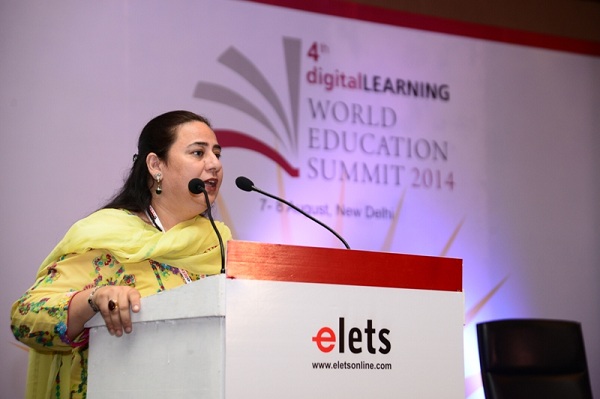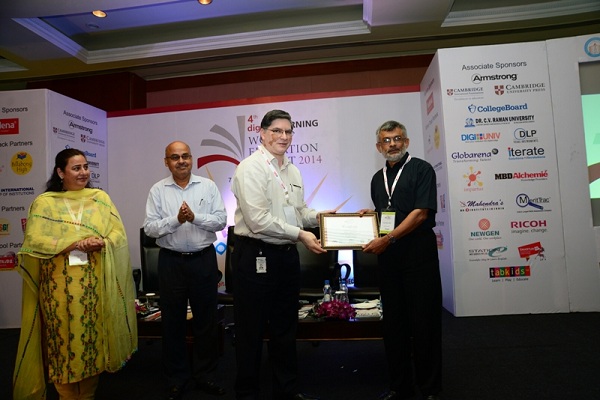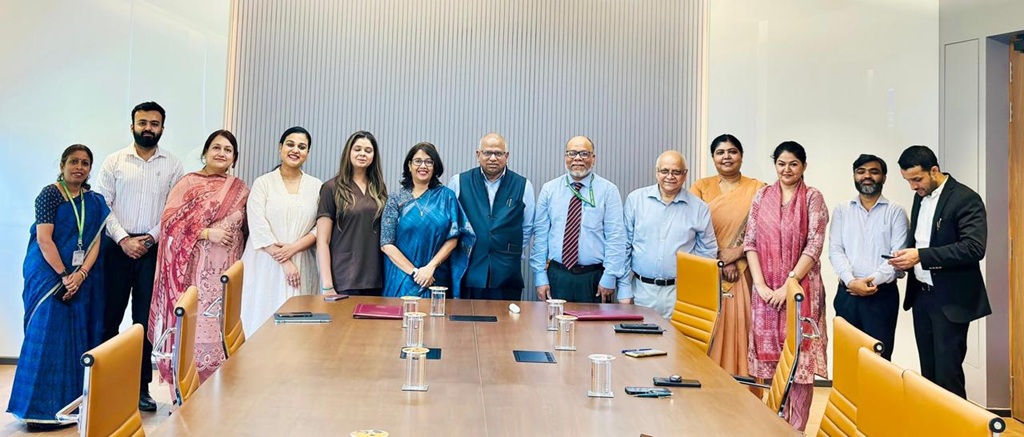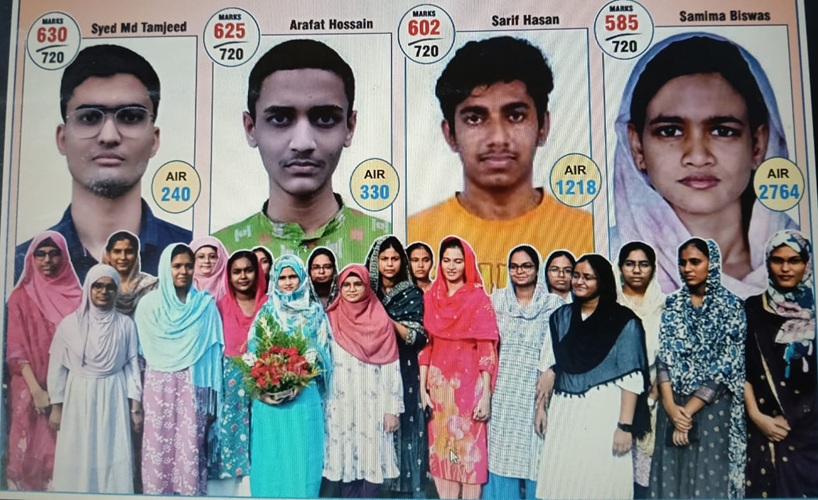NEW DELHI: The two-day 4th Digital Learning World Education Summit held at Hotel Eros Hilton in New Delhi came to an end on Friday. The chief guest at the concluding World Education Awards 2014 was Ramen Deka, Member of Parliament from Assam. In his address to the participants, he said, “A learned man is respected everywhere.” He exhorted the academicians, principals and teachers present at the Summit to make the best use of their knowledge by turning young minds into ideal citizens, thereby making India better and stronger.
At the Awards function, Assam Rajiv Gandhi University of Cooperative Management, Sivasagar won the trophy for the ‘Best Govt Initiative.’ Dr Rafiquz Zaman, IAS (retd), Vice Chancellor of the University received the award from the hands of the MP and Dr Shabistan Ghaffar, Chairperson, Committee on Girls Education, NCMEI, Govt of India.
The Summit was inaugurated by Najma Heptulla, Union Minister for Minority Affairs at Hotel Eros Hilton on Thursday. The inaugural session was dedicated to the theme ‘Minority Education: Let’s Walk the Talk.’ Heptulla said, “Prime Minister Narendra Modi desires that even the students of Madrassas should have the Quran in one hand and the computer on the other.” Appealing to the men present in the Summit she said, “I want to talk to my brothers on the issue of girls’ education.” Listing a number of priorities, she also urged the society to ensure that there are proper toilets in every school so that the girl students do not face any problem while in school.
Justice MSA Siddiqui, Chairperson, National Commission for Minority Educational Institutes (NCMEI), Govt of India was present as the guest of honour at the inaugural session. He lamented the fact that even though the Muslims were the largest among the religious minority communities in India, it was smaller communities like the Christians and the Sikhs who were deriving more benefits from the NCMEI than the Muslims.
The dignitaries also released the special issue of the magazine ‘Digital Learning’ which was dedicated on the theme ‘Minority Education: Let’s Walk the Talk.’ At the release, the Editor in Chief Dr Ravi Gupta said, “The Sachar Committee Report submitted in November 2006 details just how poorly Muslims are positioned in comparison to the majority community and other religious and social minorities. In this backdrop, we decided to dedicate this issue of Digital Learning magazine to minority educational institutions across the country – the first of its kind exercise by any media house – engaged in promoting empowerment through education. We are sure the issue in your hand will serve its purpose by giving you an insight on how these institutions are working tirelessly to shape up minority education in the country.” The neatly printed issue of the magazine would be undoubtedly a collector’s piece for all those engaged in the field of minority education in the country.
Dr Shabistan Ghaffar who worked day in and day out for the success of the programme remained focussed on her pet subject – education of the minority girl child. She said, “Well, it is challenging every time when one talks of women empowerment. Women, regardless of religion, region or colour are a minority within minority. Every time she raises her voice for equality, even in terms of educational empowerment, she has to struggle and convince every layer of society for her rights.”








0 Comments